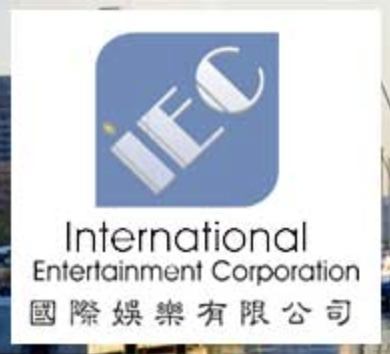
International Entertainment Corporation (IEC), a Hong Kong-listed firm, is expecting to post a loss of at least HK$260 million (approx. US$32.5 million) for its fiscal year ending 30 June 2025. This is a steeper decline from its FY24 loss of about HK$162.2 million (US$20.9 million). The primary driver: increased costs tied to the takeover and renovation of the casino operations at its New Coast Hotel Manila.

The losses stem from several sources. These include higher general & administrative expenses (notably staff costs), heavier depreciation and amortization after assuming full control of casino operations, elevated marketing and promotions spending, interest expenses on new borrowings, and one-off write-offs for leasehold improvements on the ground floor, which had to be demolished as part of the renovation works. All these factors combine into the financial toll that IEC is absorbing in pursuit of transforming New Coast into a full integrated resort.
IEC has signalled long-term confidence in the project, despite the short-term losses. It has committed roughly US$1.0-1.2 billion to expand New Coast into a fully-fledged integrated resort. Under that plan, the resort will include an approximate gross floor area of 250,000 sqm, a five-star hotel (about 800 rooms), expanded gaming operations, and amenities such as restaurants, leisure facilities, and shopping. Earlier in 2025, IEC also committed PHP1.47 billion (~US$25.5 million) in renovation works to upgrade existing hotel and casino facilities, expanding table games and slot machines to enhance customer experience.
The Philippine gaming market is already competitive, with established integrated resorts like Solaire, City of Dreams, Okada Manila and others operating in Manila’s Entertainment City complex. IEC’s efforts thus not only reflect internal cost pressures but also the need to raise standards to compete. The upscaling requires heavy investment and carries risk—especially with high interest costs and ongoing renovation expenses. Moreover, regulatory approval, delay risks, and tourist demand fluctuations are typical headwinds in these kinds of large-scale IR (Integrated Resort) projects.



 Content Writer: Janice Chew • Monday, 25/09/2025 - 15:14:49 - PM
Content Writer: Janice Chew • Monday, 25/09/2025 - 15:14:49 - PM